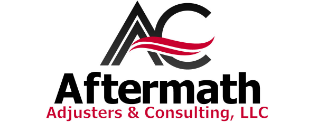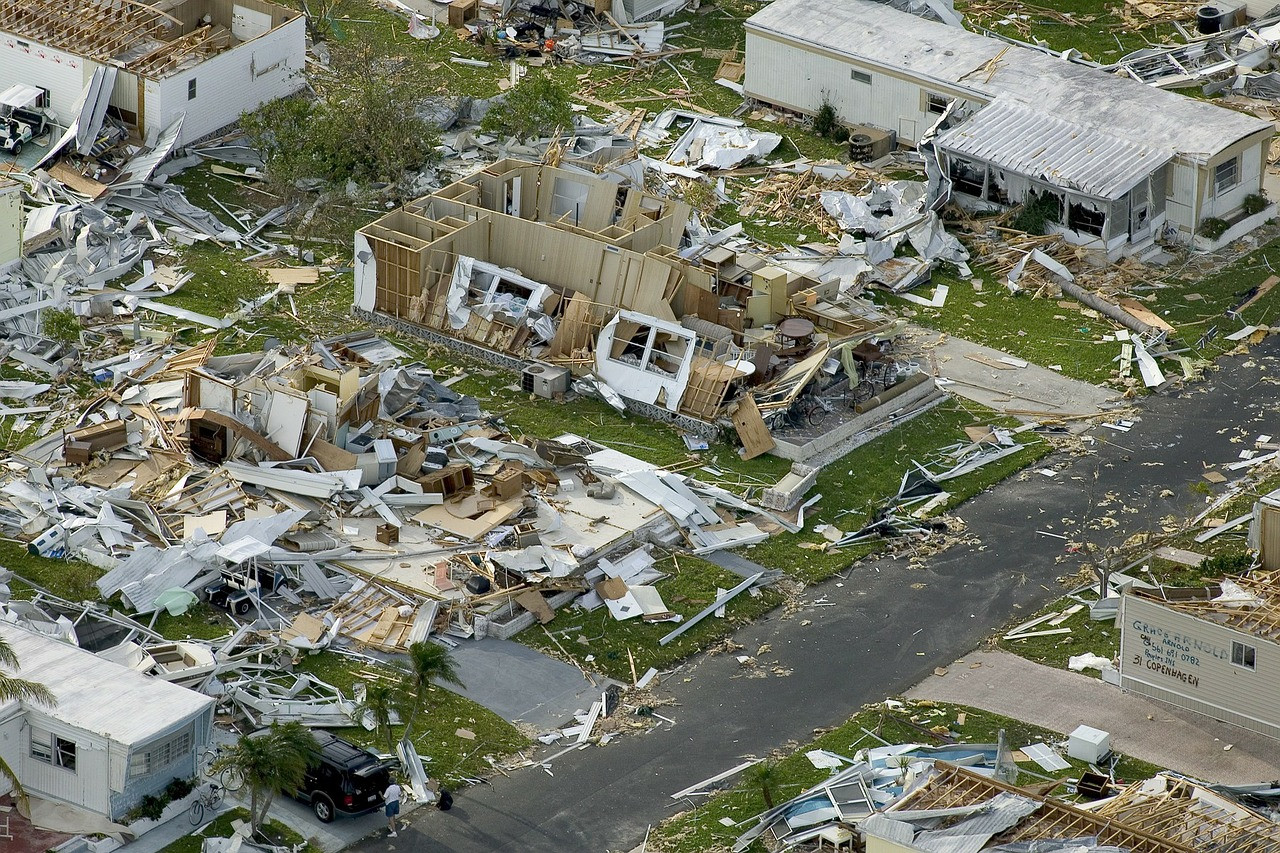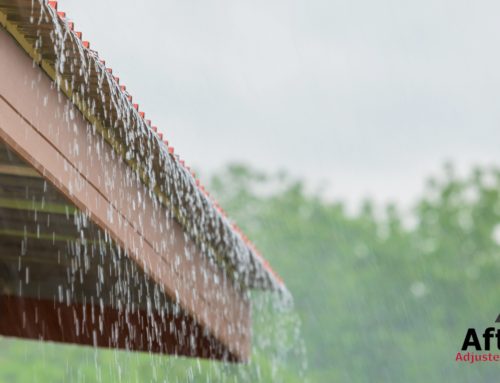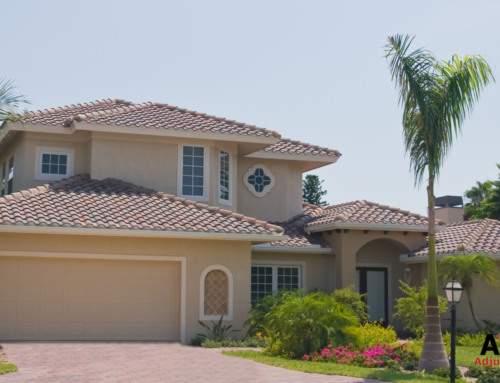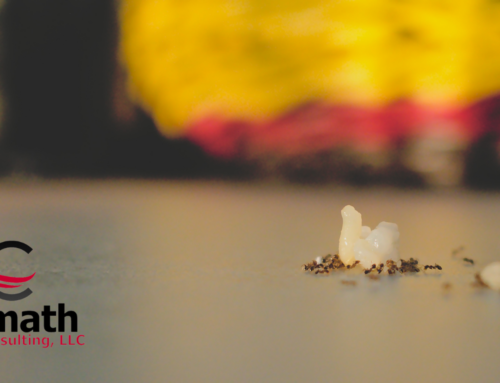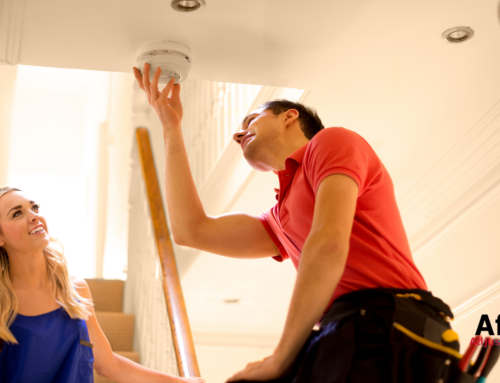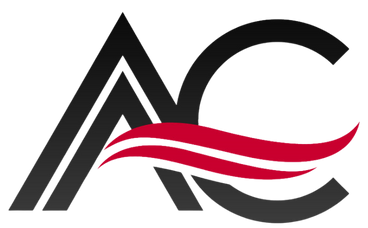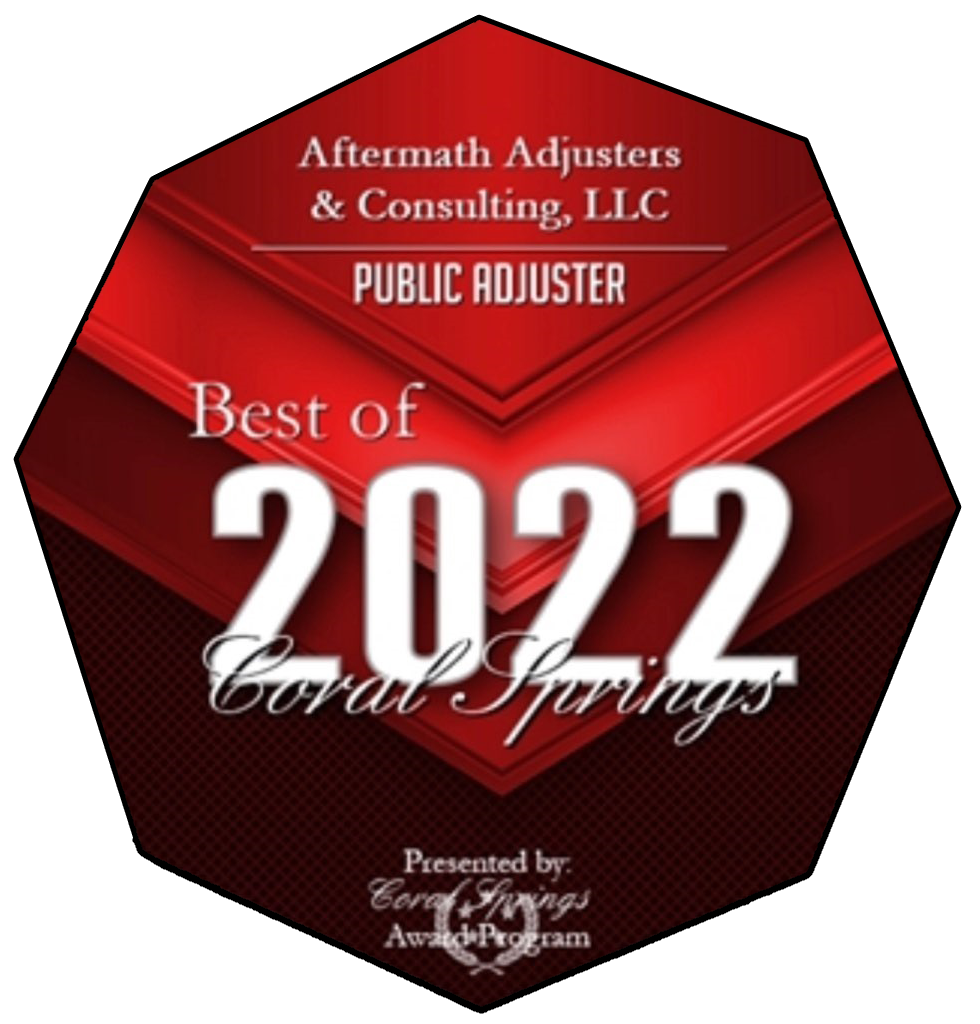“The Unlicensed Practice of Public Adjusting”, also known as UPPA, is consumer fraud. It preys on disaster-stricken people. These individuals’ losses can range from a couple thousand to tens of thousands of dollars. Victims are frequently left without a remedy since the UPPA offenders will disappear or aren’t worth suing.
What Is the Unauthorized Practice of Public Adjusting (UPPA)?
UPPA is when someone, other than a licensed public adjuster, attempts to settle an insurance claim. Public adjusters are the only professionals specifically licensed to:
- Adjust claims
- Negotiate claims
- Settle claims
A policyholder hires a public adjuster to represent their interests with a property insurance claim in an event like a:
- Hail/Windstorm
- Freezing
- Flood
- Hurricane
- Fire
- Tornado
Public adjusters have received special training and licensure. Additionally, they have experience in appraising, estimating, and negotiating losses.
The pretenders usually know something about insurance or construction and convince victims to let them help settle their claims. Although tradesmen and restoration companies serve a purpose in a post-disaster environment, it should never be to adjust claims for a policyholder.
It should raise an UPPA red flag if a tradesman is:
- Discussing a policyholder’s coverage
- Negotiating the claim on the policyholder’s behalf
- Arguing about what is ‘bad faith’
- Debating over covered or excluded damages in a policy
He or she is acting as an unlicensed public adjuster.
It is a tradesman’s job to give you an accurate scope of their work. They also give an estimate for the services that they are licensed and legally able to provide you. They cannot, and should not, however, give you any claim’s advice. It is also a conflict of interest if they both do your repair work as well as negotiate a settlement.
Who Is Affected By UPPA?
Policyholders who suffered disaster damages are vulnerable. Unfortunately, UPPA only compounds the issues they face by overestimating the amount of work needed to repair or replace a property. They might abandon a job altogether once they have collected money from the claim. To make matters worse, the overcharged prices for the work affect the insurance companies who pay this bill. As a result, it leads to larger premiums for the consumer.
Some additional costs to policyholders can include:
- Litigation
- Not enough money to make repairs
- An increase in premiums and deductibles
- Less available coverage later
You need to remember that the State regulates licensed public adjusters. They work for a fixed percentage of your claim. An UPPA perpetrator, on the other hand, will charge policyholders more than what is standard since they are unregulated.
When Does UPPA Happen Most Often?
UPPA is most common after a disaster, whether it is natural or man-made. Scammers will prey on chaotic situations when innocent parties are their most vulnerable. It helps them take advantage of the lack of common knowledge regarding the insurance claims process.
You should never sign documents from people without first vetting their credentials. The urge to repair property as quickly as possible after a disaster exists. Of course, you just want everything to return to normal. However, do not let your impatience cause you a financially devastating situation. Do not hire someone as a public adjuster who has no license.
What Can I Do to Combat UPPA?
Many in the insurance and public adjusting industries work tirelessly and successfully to create laws and legislation to protect you from the Unauthorized Practice of Public Adjusting. Go to your State Insurance Department or your Attorney General’s office if you suspect an individual to not be a licensed public adjuster.
Aftermath Adjusters & Consulting is licensed in several states, including Florida. We will never inflate your losses, ask you for money upfront, or do anything to commit insurance fraud. You can count on us to help you get the best settlement possible within the law based on your damage and insurance policy. If you’ve suffered damage from a hurricane or other disaster, call us. We are here to help.
